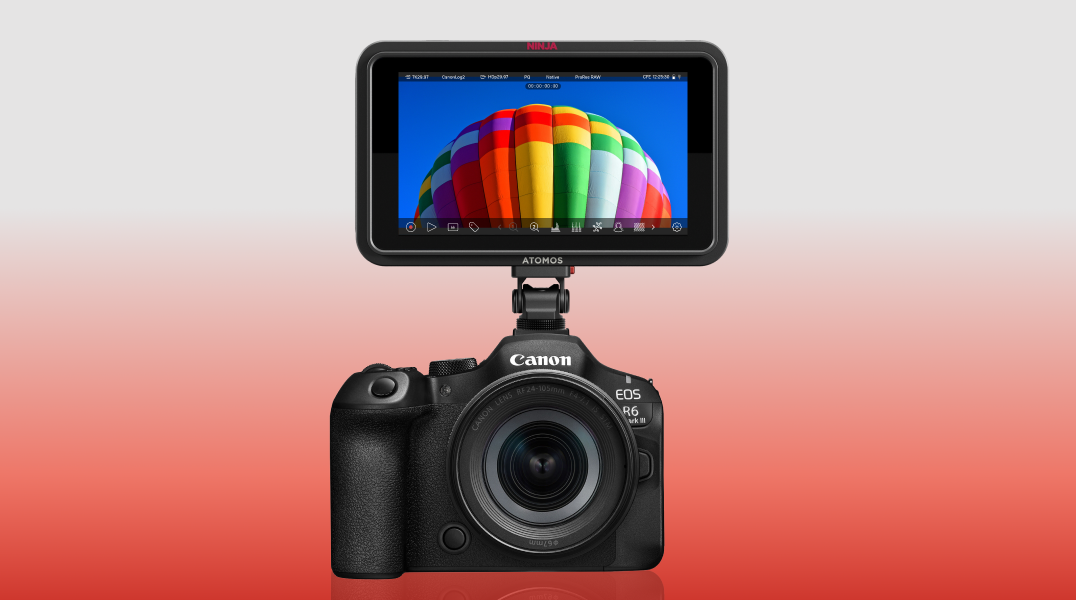ABC Rejoins NAB
Search narrows for Fritts' successor
WASHINGTON
Amid the gathering storm over DTV legislation, the first of the Big Four has returned to the broadcast lobby fold. The ABC Network rejoined the National Association of Broadcasters in August after a two-year hiatus sparked by a schism with affiliates, which make up the bulk of NAB membership.
In a welcome-back letter to veteran Disney lobbyist Preston Padden, NAB chief Eddie Fritts said that since ABC left in June 2003, "new dispute resolution mechanisms" had been adopted. "Thus, while we cannot promise you or any other member that you will see eye to eye with NAB 100 percent of the time, we now have systems and procedures in place to give you and all other members the opportunity to be heard."
HATCHET BURIED
Upon ABC's exit from the NAB, Padden referred to the organization as a weapon in an affiliate "jihad" against networks. He remained mutually respectful of Fritts, however, and insiders say that connection contributed to the reunion. Padden will now be seated as a TV network representative on the NAB board, and ABC's 10 TV and 70 radio stations will be reinstated into NAB membership.
The last of the Big Four to leave, and the first to return, ABC does so in time for the DTV legislative fracas. Networks and affiliates alike have much at stake on Capitol Hill. Both houses of Congress are circulating analog TV sunset bills that may or may not contain provisions on must-carry, converter box subsidies and other items considered crucial for the broadcast industry. Some form of deadline legislation is expected to pass before the end of the session, and broadcasters have been working the halls of Congress like a peloton.
"There is no denying that we are stronger as an industry when we are united," Fritts said in a press release announcing ABC's return.
In his farewell address at NAB2005, Fritts said one of the hardest parts of his job was to keep the so-and-sos "in the same boat." He had previously announced he would step down when his contract expires in April 2006.
THE NEXT EDDIE
According to several sources, Padden's deputy, Mitch Rose, is the top pick among finalists to succeed Fritts. Rose, vice president of government relations for Disney, was previously chief of staff for Sen. Ted Stevens (R-Alaska). Stevens now heads the Senate Commerce committee where the final DTV bill is likely to be formulated.
According to the same sources, other top contenders included Fred Grandy, a former congressman who now co-hosts a radio talkshow; former AOL executive Lisa Hook; and David Rehr, president of the National Beer Wholesalers Association.
Neither NAB nor ABC would confirm the successor hotlist. A source at ABC said Rose's pole position had nothing to do with ABC's decision to rejoin the NAB. The source said it was instead motivated by the pending DTV legislation issues.
It was not clear at press time whether the rest of the Big Four were planning an NAB re-entrance strategy.
NETWORK SNIT
Fox exited in 1999, NBC in 2000, and CBS in 2001. The networks split the sheets with NAB over media ownership. Networks wanted to own more stations; affiliates wanted them held in check, and NAB went the way of the affiliates. Congress resolved the conflict last fall when it raised the media ownership cap by 4 percent, allowing a single media company to own stations reaching 39 percent of the national audience.
The cap itself was not so much an issue for ABC, which owns 10 TV stations reaching around 25 percent of the national audience (in FCC calculations). But News Corp. and Viacom, parent corporations of Fox and CBS respectively, faced shedding stations at 35 percent, and thus pulled out of the lobby.
Insiders said when the networks dropped out of NAB, there were fears the giant parent corporations would simply mine stations for revenue and leave them to their own legislative fate. But local broadcast stations are lucrative enough for News Corp. chief Rupert Murdoch to tell shareholders in 2002 he expected 60 percent margins from duopoly markets. The Fox TV station group accounts for roughly 10 percent of revenues and 30 percent of operating income for News Corp., according to The Wall Street Journal. Murdoch's foot soldiers were instrumental in raising the national ownership cap to 39 percent--just a hair more than the audience reach of the Fox-owned stations.
Media ownership has been but one element of strain between networks and their affiliates. An affiliate trade group, the Network Affiliated Stations Alliance, filed a petition with the FCC four years ago alleging that networks used undue influence to control what shows affiliates could pre-empt. While the FCC tarried, a truce was reached, but a rash of indecency fines over the last year again raised a few affiliate hackles.
TENUOUS TREATY
Fritts, caught for years between the network-affiliate crossfire, acknowledged that differences may very well arise, again and again.
"We all recognize that, from time to time, the interests of the industry as a whole may not coincide with the interests of a particular member. Unlike its early days, today's NAB members frequently own not just radio stations or television stations or broadcast networks but also own other parts of the news, programming, entertainment, and advertising distribution chain," he stated in the letter to Padden.
"The relationships among the various parts of different members' businesses are more complicated, and the lines between policy and business issues are not as bright as they once may have seemed. Therefore, it is not surprising that members may disagree about the best course of action on important topics, nor is it surprising that the Association occasionally takes positions that are at odds with the sincere interests of some of its members."
The professional video industry's #1 source for news, trends and product and tech information. Sign up below.
